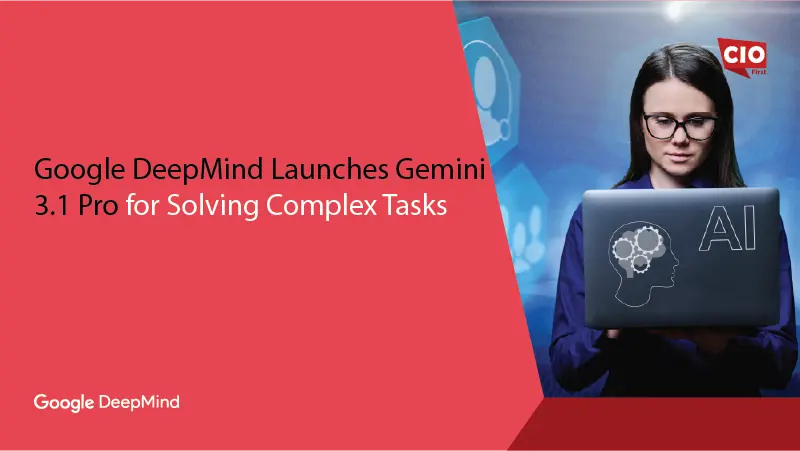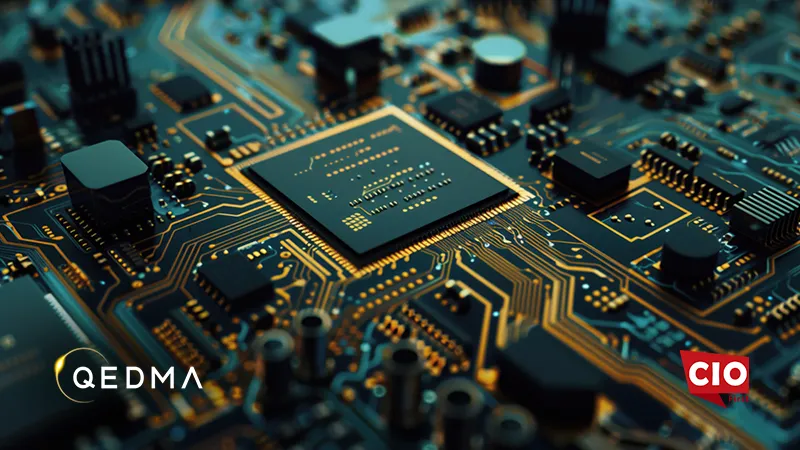QEDMA, a leading developer of quantum noise resilience solutions, announced $26 million in Series A funding. The round was led by Glilot Capital Partners through its early growth fund, Glilot+, with new participation from IBM, Korean Investment Partners, and others, alongside existing investors including TPY Capital. QEDMA’s software solution, addresses the critical challenge of reducing errors in quantum computing. QEDMA expects to demonstrate quantum advantage in the coming months through partnerships with multiple quantum computing companies and research institutions.
A series of chance encounters led to the founding of QEDMA in 2020. Over lunch, Prof. Netanel Lindner, a Technion physicist specializing in quantum systems, shared with Dr. Asif Sinay, a physicist and tech industry veteran, his insight that understanding each quantum device’s unique noise patterns could be key to reducing errors.
Independently, Hebrew University Prof. Dorit Aharonov – renowned for her pioneering work on the quantum fault tolerance theorem, a foundation of modern quantum computing that proved error correction was theoretically possible – shared with Sinay a similar vision. Sinay brought the two together for weekly discussions which quickly evolved into the trio founding QEDMA, built on the recognition that combining theoretical and practical approaches to quantum errors could unlock a breakthrough solution.
Also Read: Capgemini unveils strategic AI framework to turn enterprise ambition into measurable business impact
Errors are a fundamental obstacle on the path to large-scale, practical quantum computing. As the size of quantum computers grows and the complexity of computations increases, errors can compound and the signal gets overwhelmed by noise. While error correction schemes exist that could in theory strongly suppress errors, error-correcting codes require significant overhead: as many as 1,000 qubits (quantum bits) to correct errors for just a single qubit.
QEDMA’s software is being engineered to accelerate the timeline to practical quantum computing by reducing, mitigating, and correcting errors. The solution integrates with existing hardware to enhance the performance of quantum computers, enabling quantum computations that are up to 1,000 times larger.
When a user requests to run a quantum algorithm , QEDMA’s solution executes a protocol to learn the noise characteristics of the specific device. It then adjusts the quantum algorithm to reduce some classes of errors from occurring (suppression) and uses post-processing to address the impact of remaining errors on the final calculation (mitigation). As hardware improves, QEDMA plans to integrate error correction using proprietary methods that combine it with error mitigation for even greater reliability.
QEDMA‘s solution has support from major industry leaders, including its launch as one of the first IBM Qiskit Functions.
Source: PRNewswire
























